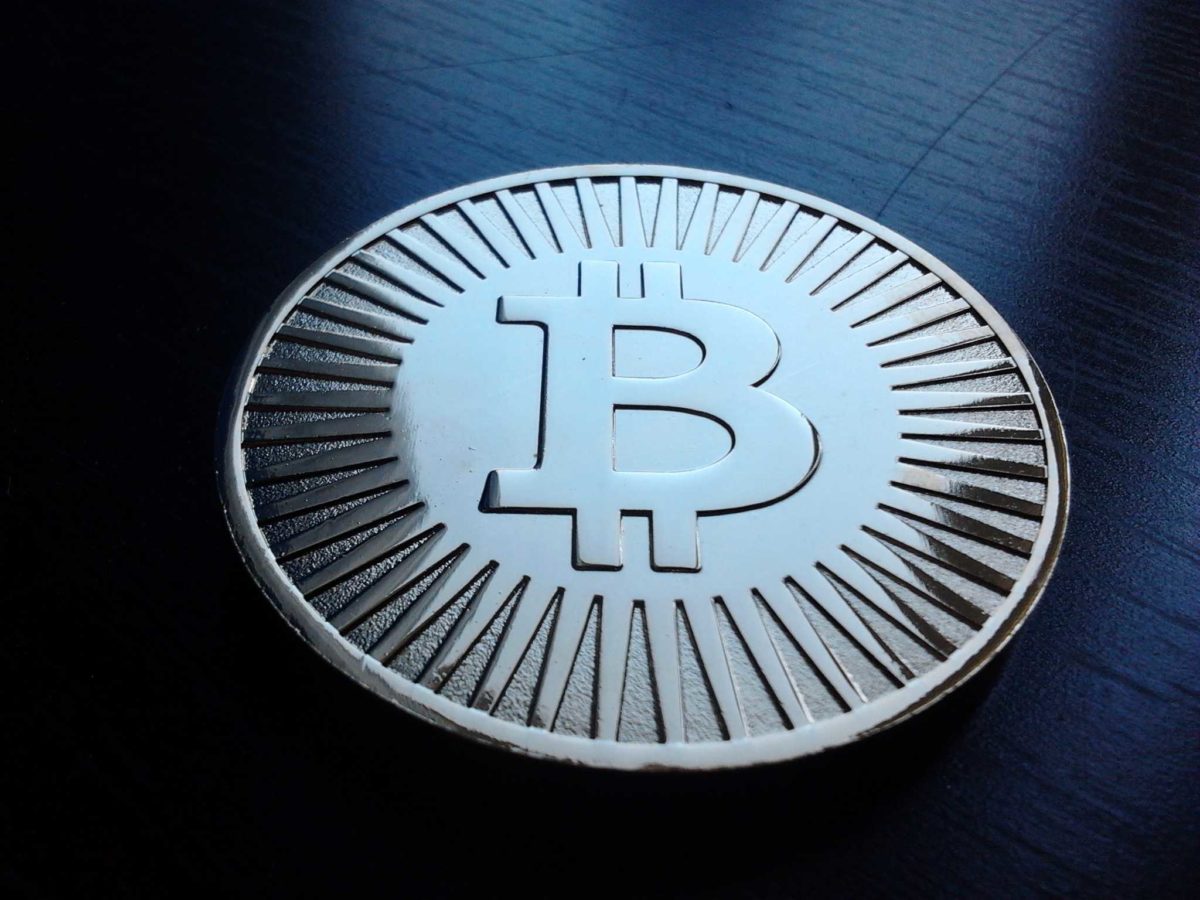Yet another company has decided to take bitcoin. Expedia, the travel-booking company based in Bellevue, Washington, says that customers will now be able to spend their hard-earned cryptocurrency on hotel stays.
Starting Wednesday, users will see a new option when they’re paying online. Selecting the bitcoin option will take you to a separate website where you can authorize the transaction from your bitcoin wallet. Then you will be directed back to Expedia’s site for confirmation. The feature will be limited to hotel reservations for now, company officials said.
Expedia’s entry into virtual currencies follows an uptick in customer requests for bitcoin support, according to Michael Gulmann, the company’s vice president of global product.
“It came down to the right timing — both for bitcoin as a currency and for Expedia in our life cycle,” Gulmann said in an interview.
The simple process could help drive bitcoin even further into the mainstream, even as it has weathered a tumultuous year in the public eye. Expedia is not the only major company to start supporting virtual currencies recently; last month, the satellite TV giant Dish Network said it was doing the same.
It is unclear how many people will use the bitcoin payment method. Not even Expedia is sure.
“I’d be lying if I said I had a good prediction for you,” Gulmann said. “The minute I give you any number, I know I’m going to be wrong.”
The uncertainty speaks to a larger problem with bitcoin: People are so convinced that they’ll make more money holding onto it as an investment that they are reluctant to spend it. But Expedia does not suddenly need to derive half its revenue from bitcoin overnight to make this move a success.
Here’s why: Adopting support for bitcoin transactions is relatively straightforward. Both Expedia and Dish Network have contracted with Coinbase, one of the top payment processors in the virtual-currency universe. When a user commits to a hotel reservation and wants to pay, Expedia will hand the user off to Coinbase’s website, where the customer will log into a personal bitcoin wallet and authorize the transaction. (This should sound familiar to anyone who has used PayPal to buy goods and services online.) Coinbase then automatically converts the bitcoins into dollars and the payment is complete.
Expedia was able to execute on this idea in a matter of months, according to Gulmann, who added that the costs of implementation were “not that big.”
That’s great for Expedia, but if it cost practically nothing and the company is not sure how popular the option will be, is it a gimmick?
To understand why this isn’t a gimmick, consider the fees. Over the long run, Expedia, Dish and other companies could save a lot of money by taking payments in bitcoin. That’s because the transaction fees levied by credit card companies on merchants are in some cases more than double what a comparable bitcoin processor might charge. For example, Visa charges merchants as much as 2.95 percent per transaction. Coinbase charges just 1 percent — and the fees kick in only after a merchant has done more than $1 million per month in business.
Expedia obviously does far more business than that every year. In 2013, it pulled in over $4 billion in revenue. But if it can pay a little bit less to the credit card companies on even a fraction of that business, it could come out ahead.
© 2014, The Washington Post






